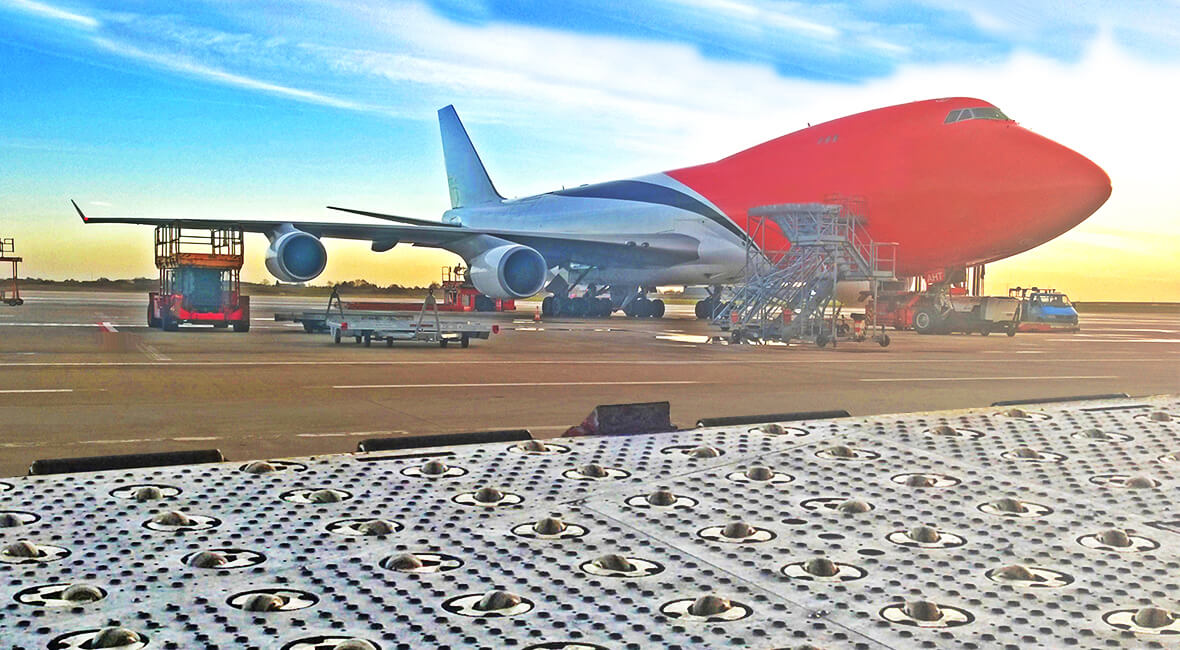Making everything go around.
It’s wheels that make castors roll. They are manufactured from various materials and have extremely varied design characteristics
The composition of the tyre and the various types of wheel rims or hubs as well as various wheel bearings give the wheel many different properties. Because of this wheels have differing load capacities, resistance to rolling and operational qualities
The selection of wheel types is dependent on the application or the requirements of the castor system. One important factor is the ability to withstand load stress. As a rule hard wheel materials can withstand a heavier load than soft ones. They have the disadvantage, however, that they transmit thrust stresses to the equipment, when running on uneven ground, if no shock absorption is provided. Another important criteria in the choice of wheel is the condition of the ground surface. This decides the tyre and wheel materials used. Furthermore, environmental influences must also be taken into consideration.
Below are the most common types of wheels and tyres
Polyamide/Polypropylene
- high load capacity
- unbreakable and maintenance-free
- largely resistant to salts, grease, acids and alkaline solutions
Solid rubber/thermoplastic rubber
- silent operation
- easy on floors
Polyurethane
- high load capacity
- robust and resistant to rubbing
- elastic, quiet operation
- largely resistant to oils, grease, petrol, and a large number of chemicals
Cast metal
- high load capacity
- resistant to rubbing
- not sensitive to metal shavings and abrasive material
Elastic solid rubber
- high load capacity
- extreme resisting to rubbing
- excellent running and serving comfort
Pneumatic
- good shock absorbing characteristics
- low resistance to rolling when used on difficult ground










